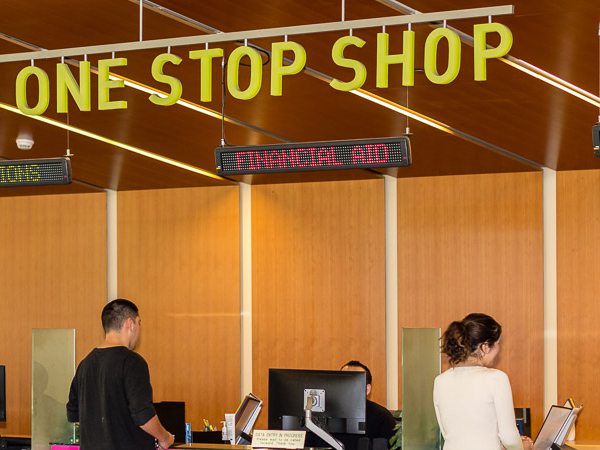The California Dream Act Service Incentive Grant Program has established a valuable opportunity for Dream Act students. The California Student Aid Commission will award 2,500 eligible students up to $3,000 per academic year, equivalent to up to $1,500 per semester or up to $1,000 per quarter. Eligible students with a Cal Grant B award must apply annually, attend a qualifying institution, have a significant financial need and complete voluntary community service hours in that academic year.
Undocumented Student Programs at UCR held an informational meeting through Instagram live on Wednesday, Jan. 26 from 2-3 p.m. Program coordinator, Eric Yang, went into detail on the DSIG and answered numerous questions including the qualifications and benefits of the program.
To be an eligible student, one must complete and submit their California Dream Act Application for that academic year. Students must meet Satisfactory Academic Progress and complete any necessary verification for their Cal Grant B award. A student must also demonstrate enough financial need and be enrolled in a qualifying institution. A list of qualifying institutions can be found on the CSAC website. Students who are not enrolled full-time at a qualifying institution can still be eligible, but the grant amount will be reduced based on enrollment.
Students who qualify for the program are tasked with performing at least 150 hours per semester or 100 hours per quarter and can serve as a variety of community or volunteer service organizations. These include nonprofits as defined in Section 501(c)(3) of the Internal Revenue Code, any federal, state or local government entity and qualifying schools. Community service can relate to a student’s field of study or simply benefit a community’s needs. However, a participant of the program cannot volunteer for an organization that engages exclusively in political, social or religious advocacy.
Students are paid after performing at least 150 hours per semester or 100 hours per quarter of community or volunteer service, in which the student and a financial aid officer are notified of approval to be paid via email.
Applications for the program will be available on the CSAC website beginning July 1 and will be accepted through the end of the academic year by June 30, unless all awards have been granted and exhausted. The grant will be available for up to eight semesters or 12 quarters while students have an active Cal Grant B award.
To learn more information about the CA Dream Act Service Incentive Grant Program, you can visit their website. You can also read their one page brochure or their tri-fold brochure.




